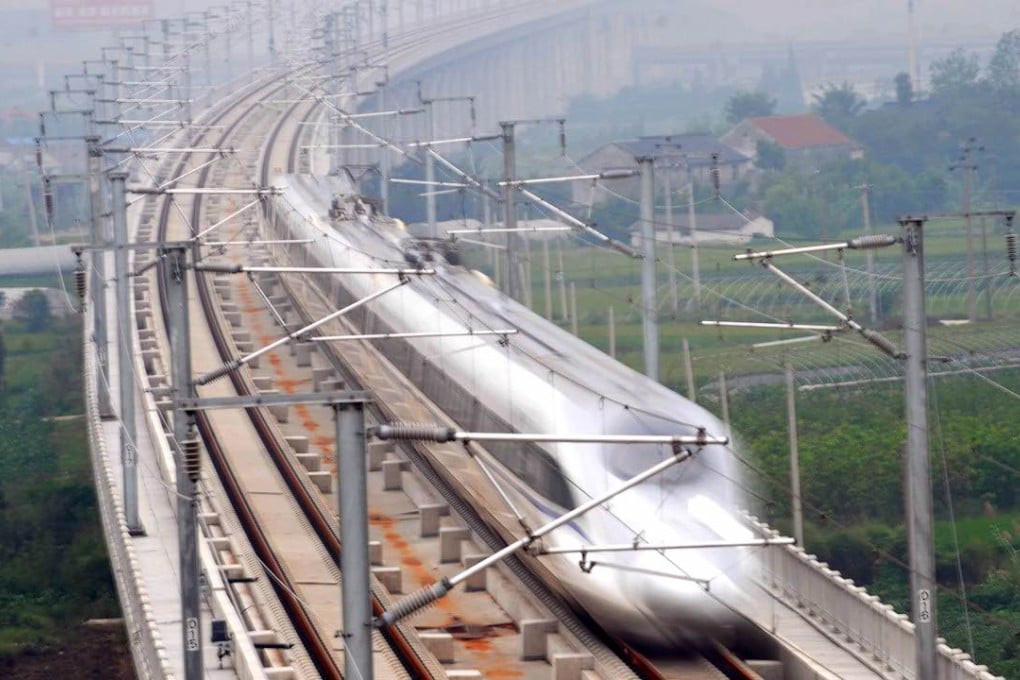My Take | One checkpoint, two systems makes sense for high-speed rail linking Hong Kong to Guangzhou
Issues of sovereignty should not provide barriers to a high-speed rail link to Guangzhou

Joint border checkpoints have been a common feature among good neighbours. They facilitate speed, trust, travel, commerce and convenience.
The latest has battle-scarred Ukraine opening shared checkpoints with Hungary this year and with Poland the next. Russia, China and Mongolia have announced a plan to jointly develop their border checkpoints. Passengers on the Eurostar between France and Britain have been going through French and British passport controls in Paris.
After the September 11, 2001 terrorist attacks, at least six countries operating 15 airports allow American customs agents to carry out pre-clearance screening of passengers travelling to the US. How ridiculous, then, that Hong Kong and the mainland are having trouble coming up with a viable proposal for a joint immigration checkpoint for the Hong Kong-Guangzhou express rail.
Many pan-democrats are claiming constitutional implications for such an arrangement. By allowing mainland agents to operate in Hong Kong, it will infringe on the Basic Law and impinge on “one country, two systems”.
Even if the scope of their activities is restricted, some argue it’s a slippery slope to permanently station mainland officials on Hong Kong soil. But such alleged problems would exist only in a boneheaded literal interpretation of the Basic Law and “one country two systems”, just as it would with joint border checkpoints between two countries: doesn’t the latter amount to a violation of national sovereignty?
In reality, no issue of sovereignty arises when two countries agree to a satisfactory arrangement whereby the official duties of foreign agents stationed in-country are restricted. For example, they can’t arrest or detain anyone. At most, they may refuse entry. That is likely to be the case in Hong Kong. No real constitutional issue should then arise any more than that of sovereignty between two countries.
